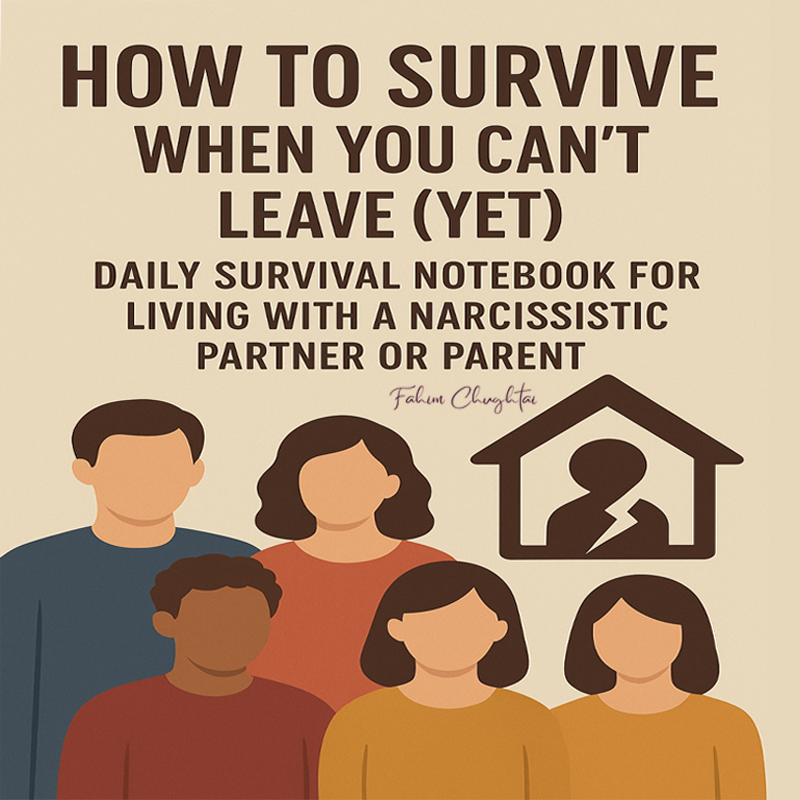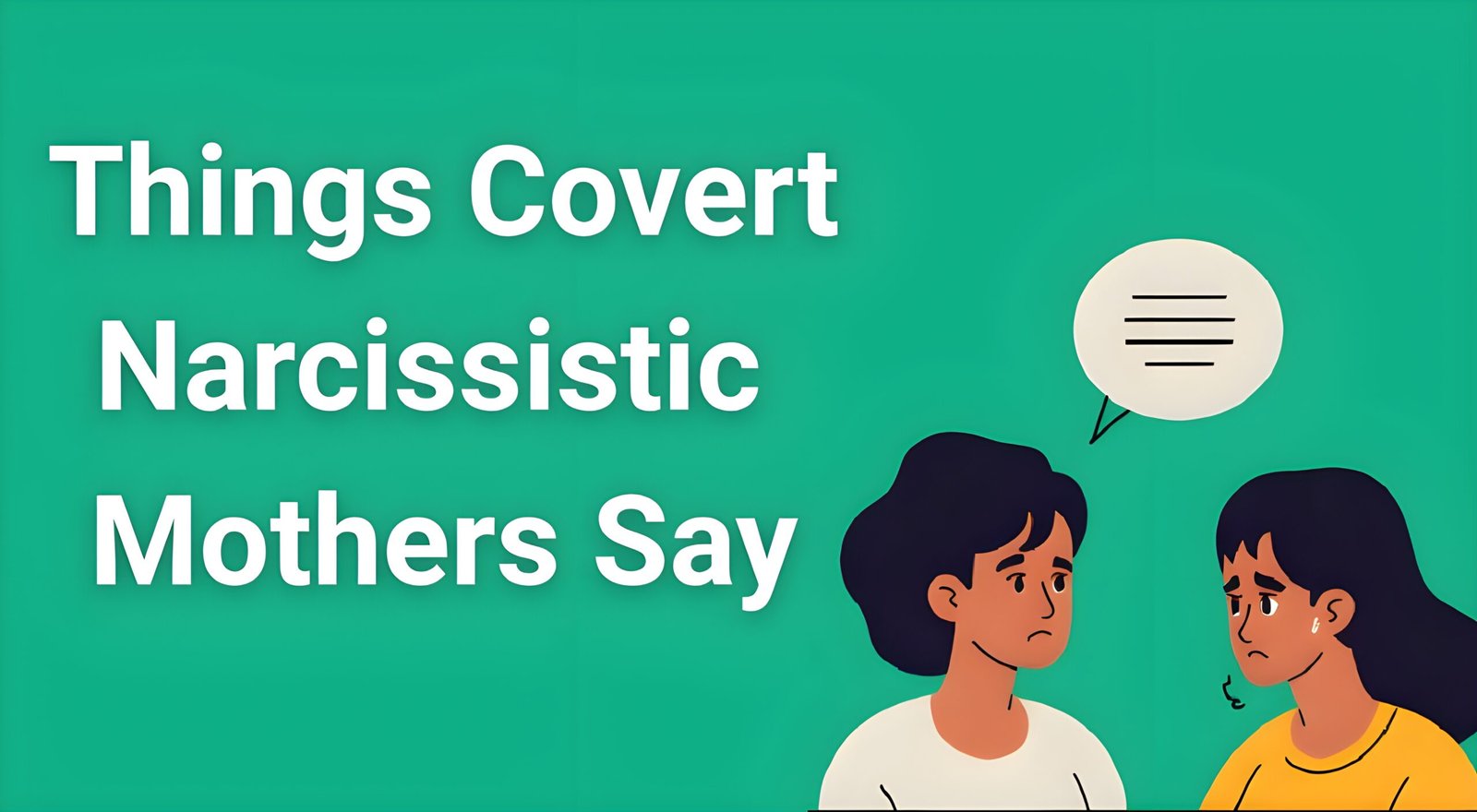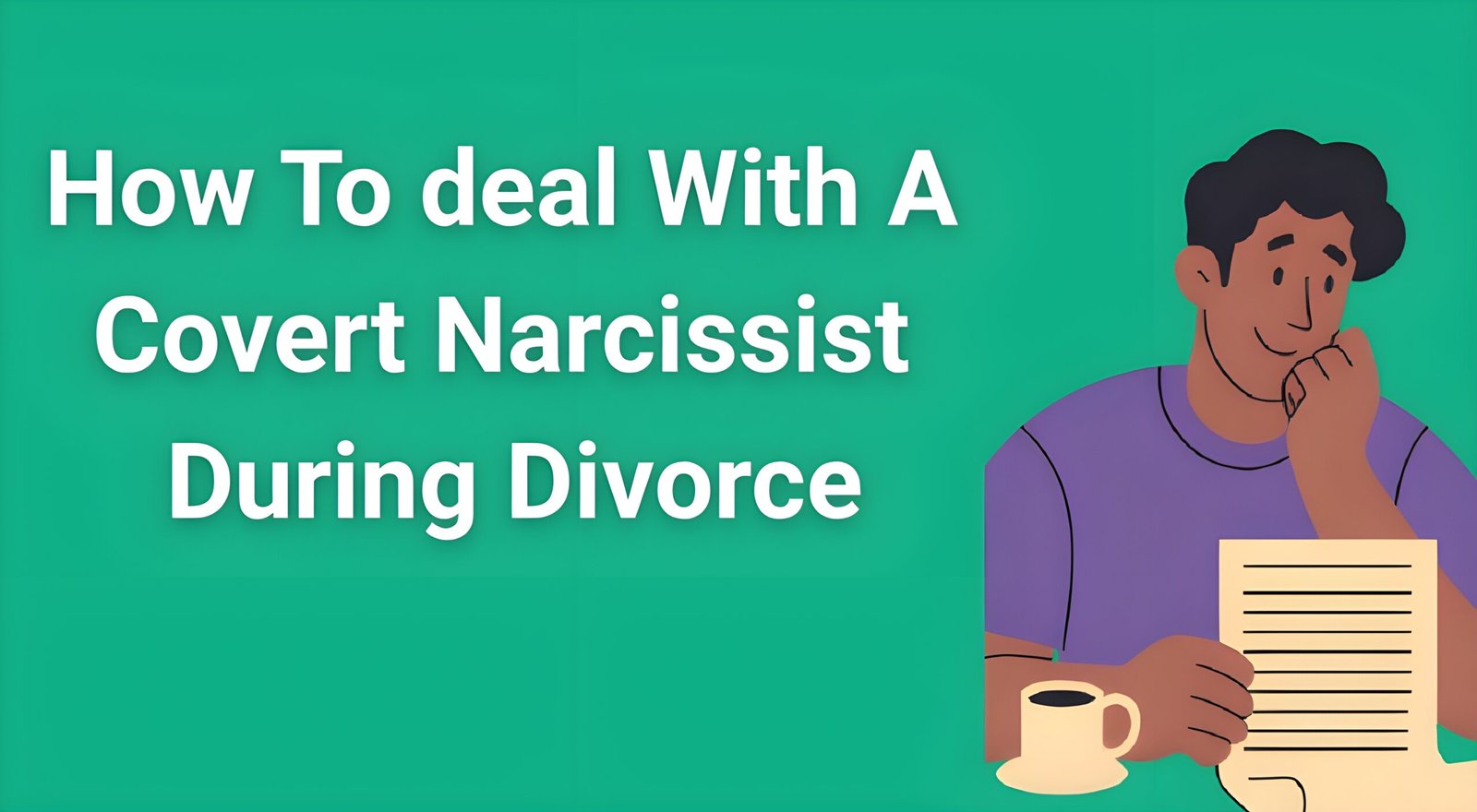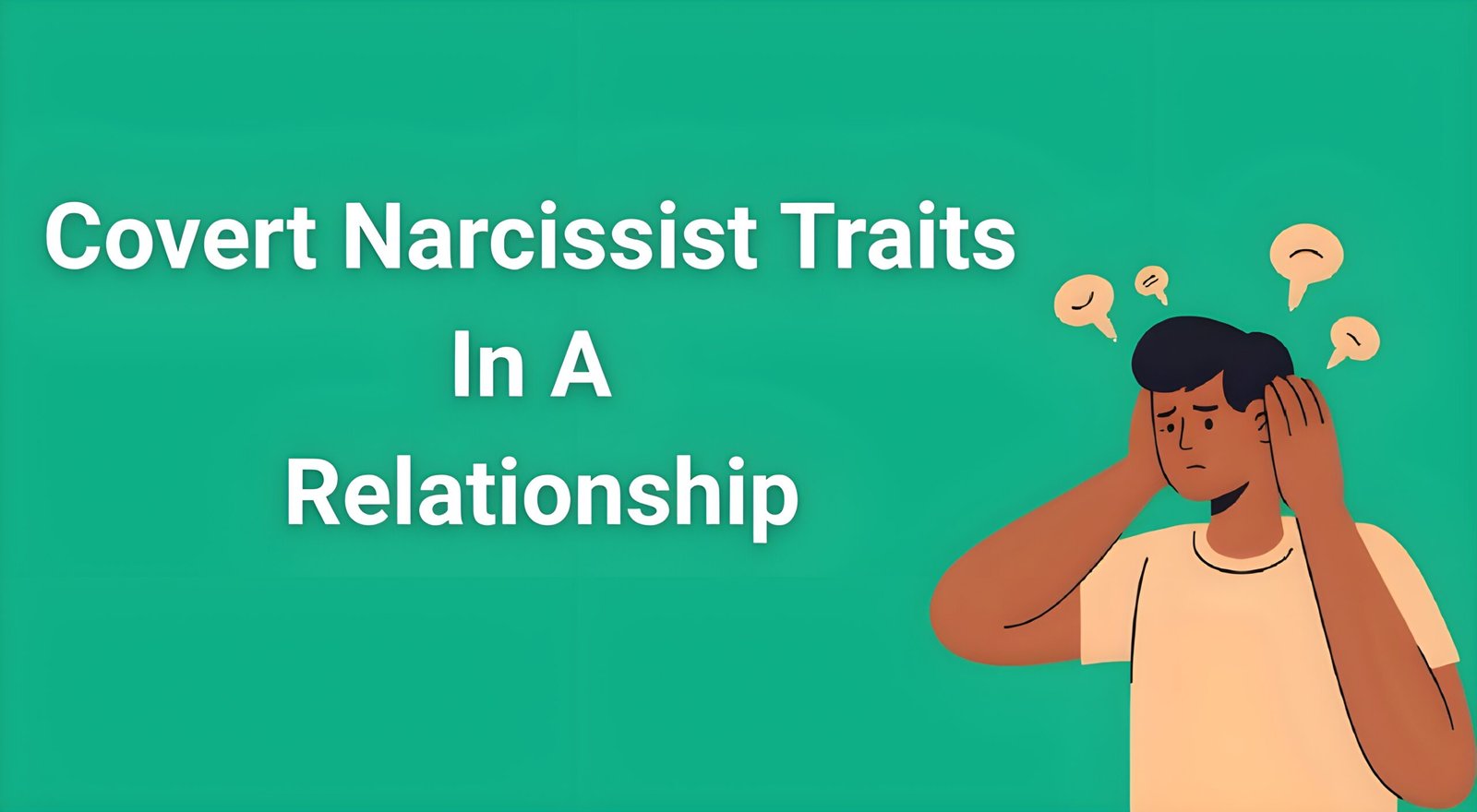If you’ve grown up questioning your sanity, walking on eggshells, or feeling like you’re never quite good enough, you might be dealing with a covert narcissistic mother. Unlike their overt counterparts who display obvious grandiosity, things covert narcissistic mothers say are often disguised as care, concern, or martyrdom. These subtle verbal weapons can inflict deep psychological wounds that last well into adulthood.
- Understanding Covert Narcissistic Mothers
- 25 Devastating Things Covert Narcissistic Mothers Say
- The Long-Term Impact of These Toxic Phrases
- Breaking Free: How to Heal from Narcissistic Abuse
- Building Healthy Relationships After Narcissistic Abuse
- Protecting the Next Generation
- When Professional Help is Necessary
- Frequently Asked Questions
- Conclusion: Your Journey to Freedom Starts Now
Understanding these toxic communication patterns is the first step toward healing and reclaiming your emotional freedom. The phrases we’ll explore may seem harmless on the surface, but they’re carefully crafted tools of manipulation that can destroy your self-worth, autonomy, and ability to trust your own reality.
Understanding Covert Narcissistic Mothers
Covert narcissistic mothers operate differently from overt narcissists. While overt narcissists seek obvious admiration and attention, covert narcissistic mothers present themselves as selfless, caring, and victimized. They use manipulation tactics like guilt-tripping, passive-aggression, and emotional blackmail to maintain control over their children.
Key characteristics include:
Am I Dealing With a Covert Narcissist — or Just Toxic Behavior?
- Playing the victim while being the perpetrator
- Using subtle manipulation disguised as love
- Employing guilt as their primary weapon
- Invalidating emotions through gaslighting
- Creating dependency through fear and obligation
These mothers have mastered the art of making their children feel responsible for their emotional well-being while simultaneously undermining their confidence and independence.
25 Devastating Things Covert Narcissistic Mothers Say
Guilt-Tripping and Emotional Blackmail
1. “After everything I’ve done for you, this is how you repay me?”
This classic manipulation tactic is designed to make you feel indebted for basic parenting responsibilities. Your covert narcissistic mother weaponizes her role as a parent, making you believe you owe her your entire life for doing what parents should naturally do. This phrase creates a perpetual state of guilt that follows you into adulthood, making it difficult to make independent decisions without feeling selfish.
2. “I guess I’ll just be alone again, as usual.”
This passive-aggressive statement places the burden of your mother’s loneliness squarely on your shoulders. It’s emotional manipulation designed to make you sacrifice your plans, relationships, or personal time to tend to her needs. The underlying message is that your independence equals her abandonment, creating a false choice between your freedom and her happiness.
3. “You always disappoint me; I don’t know why I bother.”
This devastating phrase is calculated to destroy your self-confidence and create a fear of disappointing others. Covert narcissistic mothers use disappointment as a control mechanism, ensuring you’ll work harder to please them while never feeling quite good enough. The damage this creates can manifest as perfectionism and people-pleasing behaviors in adulthood.
4. “I sacrificed everything for you, and you don’t even care.”
By positioning herself as a martyr, your mother creates an impossible debt that can never be repaid. This statement ignores the fact that having children involves natural sacrifices and responsibilities. It transforms parenting from an act of love into a transactional relationship where you’re eternally indebted.
5. “Nobody will ever love you like I do.”
This phrase serves two destructive purposes: it creates dependency on your mother’s conditional love and sabotages your ability to form healthy relationships. It plants the seed that no one else will accept or love you, making you more likely to tolerate her toxic behavior and less likely to seek supportive relationships elsewhere.
Gaslighting and Reality Distortion
6. “You’re being too sensitive.”
This dismissive phrase invalidates your emotional experiences and teaches you to doubt your own feelings. When covert narcissistic mothers consistently label normal emotional responses as “too sensitive,” they train you to suppress your feelings and question your reality. This gaslighting technique makes you more compliant and less likely to call out their behavior.
7. “That never happened” or “You’re imagining things.”
Direct denial of your memories and experiences is a powerful form of gaslighting. Covert narcissistic mothers use this tactic to rewrite history in their favor, making you question your own perception of reality. Over time, this can severely damage your ability to trust your own judgment and memory.
8. “You’re just like your father” (said with disgust).
This comparison is designed to shame you for traits or behaviors that remind her of someone she dislikes. It’s particularly damaging because it attacks your core identity and suggests that certain parts of yourself are inherently flawed or unacceptable.
9. “You’re overreacting, as usual.”
By consistently labeling your reactions as excessive, your covert narcissistic mother teaches you to minimize your own emotions and needs. This phrase trains you to accept poor treatment and question whether your concerns are valid, making you easier to manipulate.
Control and Boundary Violations
10. “I’m only trying to help you.”
This phrase is often used to justify boundary violations and unwanted interference in your life. Covert narcissistic mothers hide their need for control behind a facade of helpfulness, making it difficult to reject their “assistance” without feeling ungrateful or selfish.
11. “I don’t ask for much.”
This statement minimizes the impact of their demands while making you feel guilty for not complying with what seems like a small request. In reality, covert narcissistic mothers often ask for “small” things that accumulate into significant violations of your autonomy and well-being.
12. “If you really loved me, you would…”
This conditional statement weaponizes love, making your affection contingent on compliance with their demands. It creates a false equation where love equals sacrifice of your own needs and boundaries.
13. “You never call me” (even when you do).
This complaint ignores reality and creates artificial guilt about your level of contact. No matter how often you communicate, it’s never enough for a covert narcissistic mother, creating a moving target that can never be satisfied.
Undermining and Sabotage
14. “You think you’re so special, but you’re not.”
This phrase is designed to deflate any confidence or self-worth you might be developing. Covert narcissistic mothers feel threatened by their children’s success and will actively work to undermine their achievements and self-esteem.
15. “You’d be so pretty if you just tried harder.”
Backhanded compliments like this create insecurity while appearing supportive. The message is that you’re currently not good enough but could be with more effort, creating a perpetual state of dissatisfaction with yourself.
16. “I could have done that better when I was your age.”
This comparison minimizes your achievements while elevating her own perceived superiority. It ensures that no accomplishment feels truly satisfying because it’s always measured against her inflated self-image.
17. “You’re lucky I put up with you.”
This cruel statement positions the relationship as a favor she’s doing for you rather than a natural maternal bond. It creates a sense of worthlessness and gratitude for basic parental presence.
Emotional Manipulation and Victim Playing
18. “You’re breaking my heart.”
This dramatic statement makes you responsible for her emotional well-being and creates guilt around normal developmental processes like growing up and becoming independent.
19. “I don’t know what I did wrong as a mother.”
This victim statement deflects accountability while making you feel guilty for having any complaints or concerns about her parenting. It reverses the roles, making you the comforter rather than addressing your legitimate needs.
20. “You’re the only one who understands me.”
This statement creates inappropriate emotional intimacy and responsibility, making you feel special while also burdening you with her emotional needs.
21. “Everyone else thinks I’m a great mother.”
This phrase invalidates your experiences by suggesting that your perception is wrong and that others see her differently. It’s designed to make you question your own judgment.
Creating Competition and Division
22. “Why can’t you be more like your sister?”
Comparisons between siblings create unhealthy competition and resentment while making you feel inadequate. This tactic divides children against each other while maintaining the mother’s central position of power.
23. “Your sister never talks to me like that.”
This comparison reinforces sibling rivalry while making you feel like the “bad” child for having boundaries or expressing your needs.
24. “You’re selfish, just thinking about yourself.”
This accusation is particularly cruel because it attacks your character for having normal human needs and desires. It trains you to put others’ needs above your own consistently.
25. “I gave up my dreams for you.”
This final manipulation makes you responsible for her life choices and sacrifices. It creates guilt around your very existence and makes you feel like a burden rather than a beloved child.
The Long-Term Impact of These Toxic Phrases
Understanding things covert narcissistic mothers say is crucial because these seemingly innocent phrases can have devastating long-term effects on your mental health and relationships.
Psychological Consequences Include:
Self-Doubt and Reality Distortion: Constant gaslighting creates chronic uncertainty about your own perceptions and memories. You may find yourself second-guessing decisions and seeking external validation for basic choices.
Difficulty with Boundaries: When your needs are consistently minimized or labeled as selfish, you struggle to establish healthy boundaries in relationships. You may find yourself accepting poor treatment or over-giving to others.
Perfectionism and People-Pleasing: The fear of disappointment instilled by covert narcissistic mothers often manifests as perfectionism and an overwhelming need to please others, even at your own expense.
Emotional Regulation Challenges: Being taught that your emotions are “too much” or invalid can lead to difficulties identifying and expressing feelings appropriately in adulthood.
Relationship Difficulties: The twisted model of love presented by covert narcissistic mothers can make it challenging to recognize healthy relationships or maintain appropriate intimacy.
Breaking Free: How to Heal from Narcissistic Abuse
Recognizing things covert narcissistic mothers say is just the beginning of your healing journey. Recovery requires understanding the psychological impact of these experiences and developing strategies to reclaim your emotional freedom.
Understanding Trauma Bonds
Many adult children of covert narcissistic mothers struggle with trauma bonds – powerful emotional attachments formed through cycles of abuse and intermittent reinforcement. These bonds can make leaving or establishing boundaries feel impossible, even when you intellectually understand the relationship is harmful.
The neurological impact of trauma bonding creates an addiction-like attachment to the very person who hurts you. This isn’t weakness; it’s brain chemistry responding to intermittent rewards and punishments. Understanding this can help you approach healing with self-compassion rather than self-criticism.
For those trapped in these powerful psychological patterns, specialized support can provide the structured approach needed to break free. The 30-Day Trauma Bond Recovery Workbook offers a science-based system specifically designed to rewire your brain’s response to these toxic attachments, helping you stop the obsessive thoughts and compulsive behaviors that keep you trapped.
Recognizing the Full Scope of Abuse
Sometimes the subtle nature of covert narcissistic abuse makes it difficult to validate your own experiences. You might find yourself questioning whether what you experienced was “really” abuse or if you’re being “too dramatic.” This self-doubt is itself a product of the gaslighting you’ve endured.
If you’re struggling to understand exactly what you’re dealing with and need professional validation of your experiences, seeking expert analysis can provide crucial clarity. Getting a comprehensive assessment from someone who specializes in narcissistic abuse can help you understand the specific patterns in your relationship and develop a personalized plan for protection and recovery.
This type of professional insight can be the difference between staying confused and finally understanding why you feel so trapped and exhausted after interactions with your mother.
Practical Strategies for Immediate Protection
1. Gray Rock Method: Become as uninteresting as possible during interactions. Give minimal responses and avoid sharing personal information that can be used against you later.
2. Document Interactions: Keep a record of conversations and incidents. This helps you maintain your sense of reality when gaslighting occurs.
3. Limit Contact: Gradually reduce the frequency and duration of contact to protect your mental health.
4. Build a Support Network: Cultivate relationships with people who validate your experiences and support your healing.
5. Practice Self-Validation: Learn to trust your own feelings and perceptions rather than seeking external validation.
When You Can’t Leave Yet
Many people dealing with covert narcissistic mothers find themselves in situations where complete separation isn’t immediately possible due to financial dependence, caring for siblings, or other circumstances. This doesn’t mean you’re powerless or that healing is impossible.
Learning specific survival strategies for high-conflict situations can help you maintain your sanity and safety while working toward greater independence. There are proven techniques for protecting your mental health even when you can’t physically remove yourself from the toxic environment.
These strategies focus on psychological protection, boundary maintenance, and building internal strength that no one can take away from you, regardless of your external circumstances.
Building Healthy Relationships After Narcissistic Abuse
One of the most challenging aspects of recovering from a covert narcissistic mother is learning to recognize and maintain healthy relationships. When your first model of love was conditional, manipulative, and emotionally abusive, it can be difficult to identify what genuine care looks like.
Red Flags to Watch For:
- Partners who use guilt to control your decisions
- Friends who consistently make you feel bad about yourself
- Anyone who dismisses your emotions or calls you “too sensitive”
- People who play victim when you set boundaries
- Relationships that feel exhausting rather than energizing
Green Flags of Healthy Relationships:
- Consistent respect for your boundaries
- Support for your goals and independence
- Validation of your emotions, even during disagreements
- Honest communication without manipulation
- Mutual respect and reciprocity
Reparenting Yourself
Since your emotional needs weren’t properly met during childhood, part of healing involves learning to provide yourself with the nurturing and validation you didn’t receive. This process, called reparenting, involves:
- Learning to comfort yourself during emotional distress
- Celebrating your achievements without external validation
- Setting and maintaining healthy boundaries
- Practicing self-compassion when you make mistakes
- Developing internal sources of self-worth
Protecting the Next Generation
If you have children or plan to, understanding things covert narcissistic mothers say becomes even more critical. Breaking generational cycles of emotional abuse requires conscious effort and awareness.
Still Living With Them? You’re Not Helpless.

Key Prevention Strategies:
Model Healthy Communication: Use direct, honest communication rather than manipulation or guilt-tripping.
Validate Emotions: Teach children that all feelings are valid, even if all behaviors aren’t acceptable.
Respect Boundaries: Honor your children’s developing autonomy and personal boundaries.
Take Responsibility: Acknowledge your mistakes and apologize when appropriate, modeling accountability.
Seek Support: Don’t try to parent in isolation. Professional support can help you avoid repeating harmful patterns.
When Professional Help is Necessary
While self-help strategies can be incredibly valuable, some situations require professional intervention. Consider seeking therapy if you experience:
- Severe depression or anxiety
- Suicidal thoughts or self-harm behaviors
- Substance abuse issues
- Inability to maintain relationships
- Persistent feelings of emptiness or worthlessness
- Difficulty functioning in daily life
A qualified therapist who understands narcissistic abuse can provide specialized treatment approaches like trauma-focused therapy, EMDR, or specialized narcissistic abuse recovery programs.
You’ve Seen the Patterns. Now Break the Bond.
Frequently Asked Questions
Q: How do I know if my mother is actually a covert narcissist or just difficult?
A: The key difference lies in the consistent pattern of behavior and the impact on your well-being. Covert narcissistic mothers show persistent patterns of manipulation, lack of empathy, and emotional abuse disguised as care. If you consistently feel confused, guilty, and emotionally drained after interactions, and if these feelings have persisted throughout your life, professional assessment can help clarify the situation.
Q: Can covert narcissistic mothers change?
A: While personality change is theoretically possible, it’s extremely rare for narcissists to seek genuine help or acknowledge their behavior as problematic. Most maintain their victim stance and refuse accountability. It’s healthier to focus on your own healing rather than hoping for change that may never come.
Q: Is it wrong to limit contact with my mother?
A: Protecting your mental health is not wrong, regardless of family relationships. You have the right to establish boundaries that preserve your well-being. The guilt you feel about this is often a result of the conditioning you received from narcissistic abuse.
Q: How do I explain this to other family members who don’t see the abuse?
A: Covert narcissistic mothers are often skilled at presenting different faces to different people. Focus on protecting yourself rather than convincing others. Some family members may understand in time, while others may never see the truth due to their own relationships with the narcissist.
Q: Will I ever feel normal again?
A: Yes, with proper support and healing work, you can absolutely recover from narcissistic abuse. Many survivors go on to lead fulfilling lives with healthy relationships. The key is understanding that healing is a process, not a destination, and being patient with yourself along the way.
Q: How do I stop feeling guilty about setting boundaries?
A: Guilt about boundaries is a programmed response from your upbringing. Practice self-compassion and remind yourself that healthy boundaries are necessary for your well-being. The guilt will diminish as you consistently prioritize your mental health.
Conclusion: Your Journey to Freedom Starts Now
Understanding things covert narcissistic mothers say is a crucial step in recognizing the subtle but devastating patterns of emotional abuse that may have shaped your life. These seemingly innocent phrases are actually sophisticated manipulation tools designed to maintain control and destroy your sense of self-worth.
Recovery from this type of abuse isn’t just possible—it’s probable with the right support and strategies. Every day you choose to prioritize your mental health and set healthy boundaries is a victory against the programming you received.
Remember that recognizing these patterns doesn’t make you weak or damaged. It makes you aware, and awareness is the first step toward freedom. You deserve relationships based on genuine love, respect, and mutual support rather than guilt, manipulation, and control.
Your healing journey is uniquely yours, but you don’t have to walk it alone. Whether through professional therapy, support groups, or specialized recovery programs, help is available for those ready to break free from the devastating impact of covert narcissistic abuse.
The little child inside you who was told they were “too sensitive” or “disappointing” deserves to know the truth: you are worthy of love, respect, and happiness exactly as you are. Your feelings matter, your boundaries are valid, and your dreams are worth pursuing.
Your freedom begins the moment you decide that your well-being matters more than managing someone else’s emotions. You have the power to rewrite your story and create the life of authentic connection and joy that was always meant to be yours.
If you found this article helpful, consider sharing it with someone who might benefit from understanding these patterns. Breaking the silence around covert narcissistic abuse helps create awareness and support for survivors everywhere.






